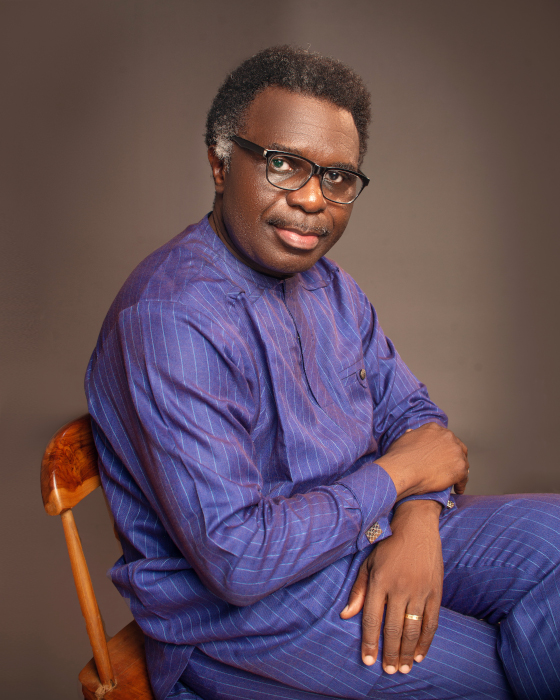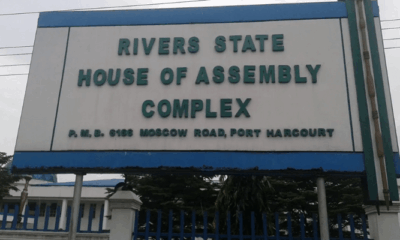Forgotten Dairies
The Futility of Nigeria’s Obsession With Labels -By Leonard Karshima Shilgba
If our street is flooded, let us drain the water before arguing over what to call it. If our fellow citizens are being attacked, let us secure them before squabbling about which vocabulary best flatters our bias.

Nigeria is bleeding. From Boko Haram ambushes in the Northeast to banditry in the Northwest; from kidnappers prowling highways to communal clashes in the Middle Belt; from gangsterism in the creeks to IPOB-induced violence in the Southeast—our nation is besieged by threats that cut across tribe, region, religion, and class. Every citizen, whether Christian, Muslim, or traditionalist, has tasted the bitter sting of insecurity.
Yet, in the midst of this tragedy, a curious subset of Nigerians insists that before seeking solutions, the rest of us must accept *their* preferred label for the violence. Before addressing the wound, we must first recite a slogan. Before draining the flood, we must agree on its “origin story.” Without this ritual, they claim, we are “downplaying the killings.”
To what rational, inclusive purpose?
Let me illustrate the absurdity of this labelling crusade.
When Labels Replace Logic
Two neighbors wake up to find their street flooded. One cries, “Sabotage!” The other says, “Whatever the cause, let’s stop the water.” The first neighbor becomes furious—not at the flood threatening their homes, but at his companion’s refusal to embrace his grand conspiracy theory. So he stands in waist-deep water, scolding the man who is already fetching sandbags.
Or picture two travelers robbed on a highway. One insists the robbers are from a particular region; the other simply reports, “We were attacked by armed robbers.” The first traveler accuses his companion of not “taking the robbery seriously” because he failed to add political geography to his police report.
This is precisely the melodrama unfolding in Nigeria today.
The “Christian Genocide” Chorus
Some Nigerians are determined to plant a single label—“Christian genocide”—on our complex and multi-dimensional security crisis. Their aim is not understanding, healing, or solution-driven problem-solving. It is emotional blackmail wrapped in religious outrage. They weaponize grief to polarize citizens, as though the death of a Muslim farmer in Katsina or a traditionalist hunter in Taraba were somehow less Nigerian, less tragic, or less human.
But what do they hope to accomplish?
How does this singular, rigid, and highly selective framing:
* Promote nationwide cooperation?
* Unite citizens across communities facing the same threats?
* Help us craft security policies that serve everyone?
* Comfort victims who belong to *all* faiths?
It doesn’t. And that is the point.
The label does not heal wounds—it deepens divides. It does not solve problems—it simplifies them into caricatures. It does not honor the dead—it exploits them for rhetorical effect.
The Convenience of One-Size-Fits-All Outrage
One would think that if insecurity were reduced to neat labels, criminals would neatly align themselves. But terrorists and armed criminals in Nigeria didn’t receive the memo. They strike mosques and churches, markets and farms, Muslims, Christians, and those who simply want their daily pounded yam in peace.
Yet some persist with the label, because outrage—especially religious outrage—makes a powerful political tool. It garners clicks, fuels echo chambers, and gives fringe actors the illusion of moral high ground.
Meanwhile, real Nigerians are still burying their loved ones.
Let’s Fix the Flood, Not Argue About the Name
Nigeria does not need more label merchants. She needs solution architects:
* strengthened local intelligence systems,
* community-based policing partnerships,
* improved border security,
* modern surveillance infrastructure,
* rapid prosecution of abductors,
* justice that is swift, impartial, and transparent.
If our street is flooded, let us drain the water before arguing over what to call it. If our fellow citizens are being attacked, let us secure them before squabbling about which vocabulary best flatters our bias.
The real question is not whether the crisis fits a convenient slogan.
The real question is whether we are ready to confront insecurity with clarity, unity, and courage—not with divisive labels that do nothing but serve the opportunists who promote them.
© Shilgba
























